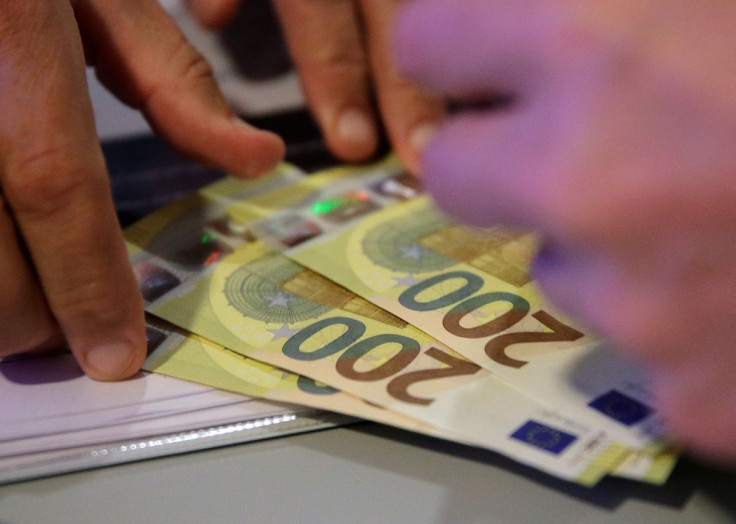EU Raises Over 12 Billion Euros In Debt Sale As Market Watches For Potential New Borrowing

The European Union raised over 12 billion euros ($13.24 billion) in a debt sale on Tuesday, as investors wait to see if the bloc will unveil a new joint borrowing plan to tackle member states' funding needs following the invasion of Ukraine.
The bloc drew over 59 billion euros in demand for a new 10-year bond backing its coronavirus recovery fund, which raised 10 billion euros, the European Commission said in a statement.
Though that is the lowest level of outright demand the EU has seen since it launched debt sales backing its recovery fund last summer, the bloc increased the size of the issue from an initial 8 billion euros announced earlier on Tuesday in a memo seen by Reuters.
The EU also received 35 billion euros in demand for a 15-year bond backing its SURE unemployment scheme - the first jointly financed fund it launched early on in the pandemic - which raised 2.17 billion euros, the Commission said.
It is the EU's first major bond sale since a Bloomberg report earlier in March suggested the bloc could soon unveil a new plan for further joint bond issuance to finance energy and defence spending in the face of Russia's invasion of Ukraine.
A new fund would add to the up-to 100 billion euro SURE unemployment scheme and up-to 800 billion euro recovery fund the EU launched during the pandemic in unprecedented acts of fiscal solidarity.
France is leading calls for new EU debt, while Germany and other wealthier member states oppose further joint borrowing.
European Economic Commissioner Paolo Gentiloni said on Tuesday he sees a real discussion about new joint borrowing taking place in a few weeks, once the bloc has a clearer view of the economic impact of the crisis.
Jens Peter Sorensen, chief analyst at Danske Bank, noted that the SURE bond, which is classified as a social bond, one type of ESG debt, received much higher demand relative to the amount on offer.
"If you can put an ESG stamp on whatever fund you start to do, you will get really high demand for the bonds," he said, referring to the potential new borrowing.
The 10-year bond priced for a yield of 1.02% and the 15-year bond for a yield of 1.199%, the European Commission said.
News of a potential new borrowing plan helped lower the risk premiums on Italian and other southern European government bonds despite the Ukraine war and at a time when the European Central Bank plans to cut back the stimulus which is a key support plank for southern Europe.
The news also boosted the single currency and euro zone stock markets.
($1 = 0.9065 euros)
© Copyright Thomson Reuters 2024. All rights reserved.




















